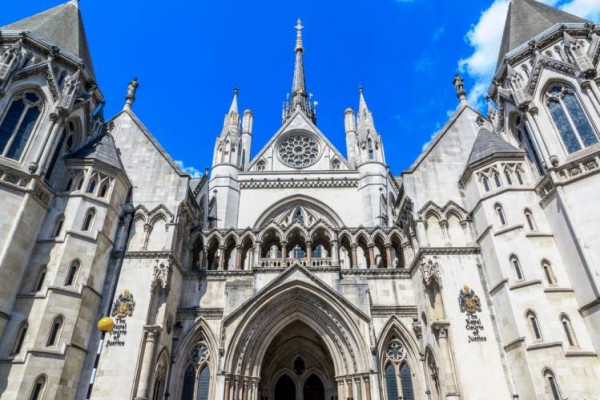In a decision that will please controllers, the Supreme Court has handed down judgment in Lloyd v Google, rejecting the claimant's representative action in one of the most important data privacy judgments to date. If Google had lost its Supreme Court appeal, it could have seen 4.4 million people in England and Wales receive compensation costing up to £3 billion. The case focused on claims that Google secretly tracked millions of iPhones through its Safari browser. Meanwhile, the Open Rights Group calls for the government to give people a way to "seek redress against massive data breaches" without spending vast amounts on legal fees. A number of other representative actions involving breaches of data protection that have been on hold (TikTok, Facebook and Marriott Hotels) are unlikely to move forward.
Additional commentary:
- The IAPP analyses the decision, including reactions from privacy professionals.
- A Twitter thread from Associate Professor of Philosophy Carissa Véliz calls the Supreme Court ruling "bad news for privacy, democracy, equality and the UK."
- Pinsent Masons have also posted an excellent summary of the case.

What is this page?
You are reading a summary article on the Privacy Newsfeed, a free resource for DPOs and other professionals with privacy or data protection responsibilities helping them stay informed of industry news all in one place. The information here is a brief snippet relating to a single piece of original content or several articles about a common topic or thread. The main contributor is listed in the top left-hand corner, just beneath the article title.
The Privacy Newsfeed monitors over 300 global publications, of which more than 5,750 summary articles have been posted to the online archive dating back to the beginning of 2020. A weekly roundup is available by email every Friday.
